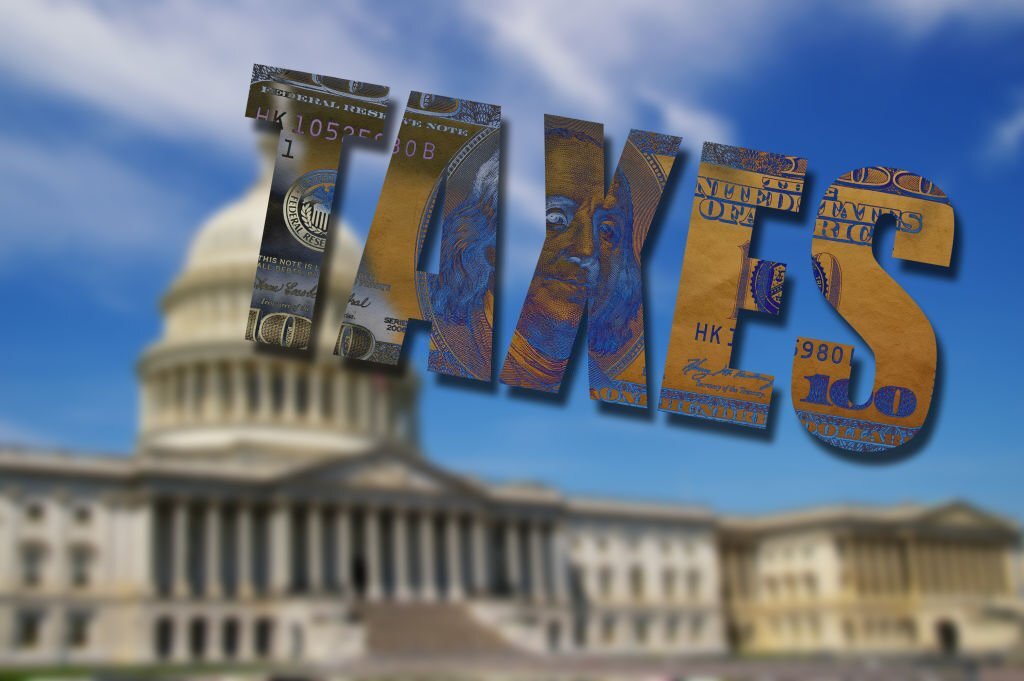Taxes
Carried Interest Rules Live to See Another Day
This tax break has been in the crosshairs of Congress for years but was removed from Senate Democrats’ Inflation Reduction Act.
Aug. 08, 2022

The “carried interest” loophole seems to have survived longer than the proverbial cat with nine lives.
New legislation just passed by the Senate—the Inflation Reduction Act—initially cracked down on the loophole once and for all. This tax break has been in the crosshairs of Congress for years. But the provision was removed from the bill due to objections from Sen. Kyrsten Sinema (D-AZ). The latest version is expected to sail through the House before it recesses and be signed by the president.
To make up for the lost revenue, the Act imposes a 1% excise tax on corporate stock buybacks.
Under the current rules for carried interest, compensation paid to managers of certain investment entities is taxed at favorable long-term capital gain rates instead of high-taxed ordinary income rates, after a three-year holding period is met. Generally, the new law would have required managers to meet a five-year holding period to qualify for long-term capital gain.
The maximum tax rate for long-term capital gain is only 20% (15% for certain low-to-moderate income taxpayers). In comparison, the top tax rate on ordinary income is 37% or almost twice as much.
The carried interest rules have long been criticized as providing an unfair tax advantage to a select group of wealthy individuals. In fact, opposition has come from both sides of the aisle. It’s been a frequent target of lawmakers in other proposed legislation. The three-year holding period requirement was added in 2017, but other efforts to curb this tax break have gone by the wayside.
Notably, both President Biden and President Trump supported closing the carried interest loophole during their respective campaigns.
Sinema, who has received substantial backing from wealthy financiers, proved to be the main obstacle this time around. The bill would not have passed without the removal of the provision. However, even those in favor of closing the loophole acknowledge that the projected revenue loss is relatively small.
The new law does contain other tax provisions: creating a new corporate minimum tax, extending and expanding tax credits for energy-saving improvements and electric cars, and increasing IRS enforcement activities, plus the new stock buyback tax. Finally, it’s likely that the carried interest loophole will remain a hot potato in our nation’s capital. Don’t be surprised if some members of Congress take another shot at closing it soon.
